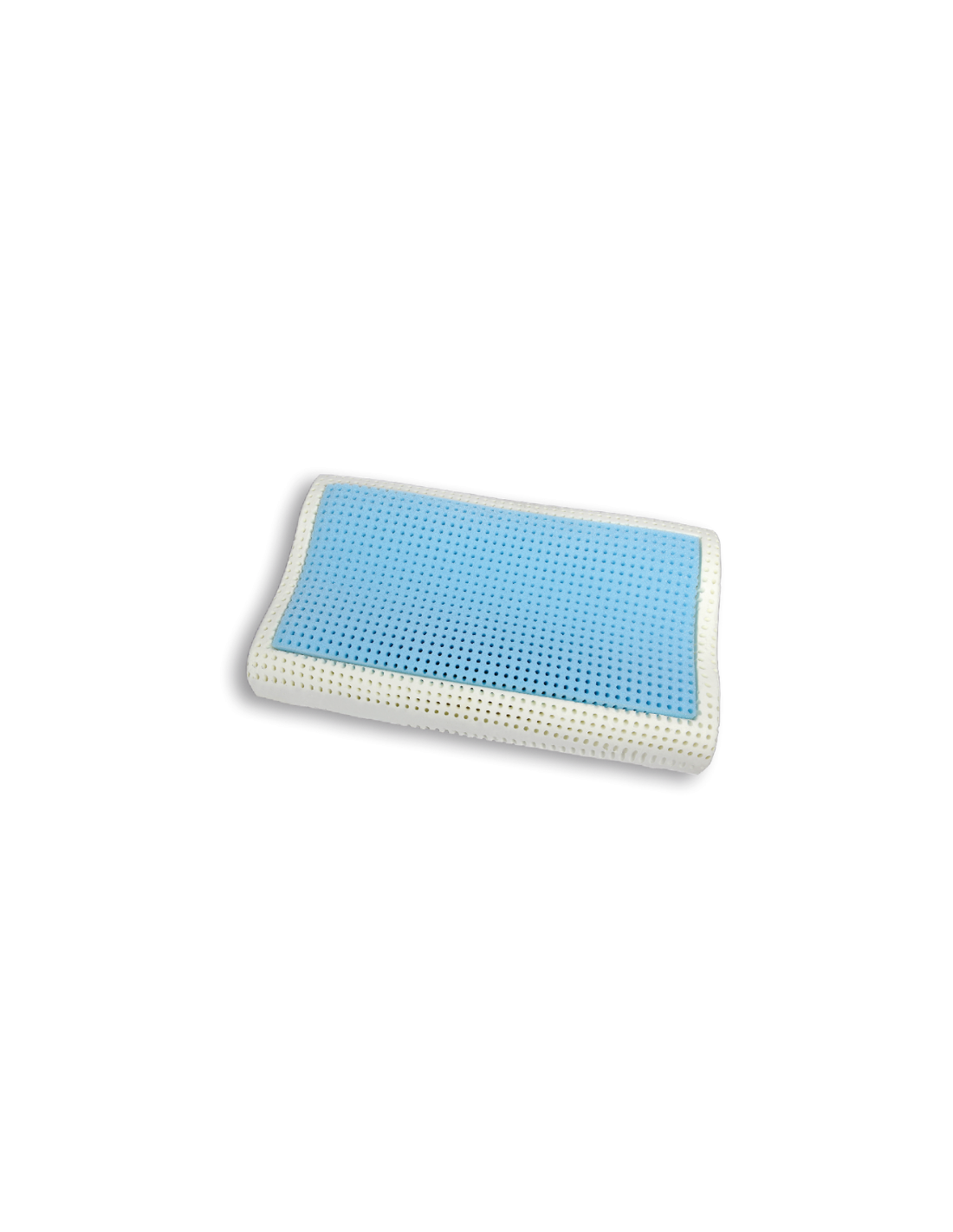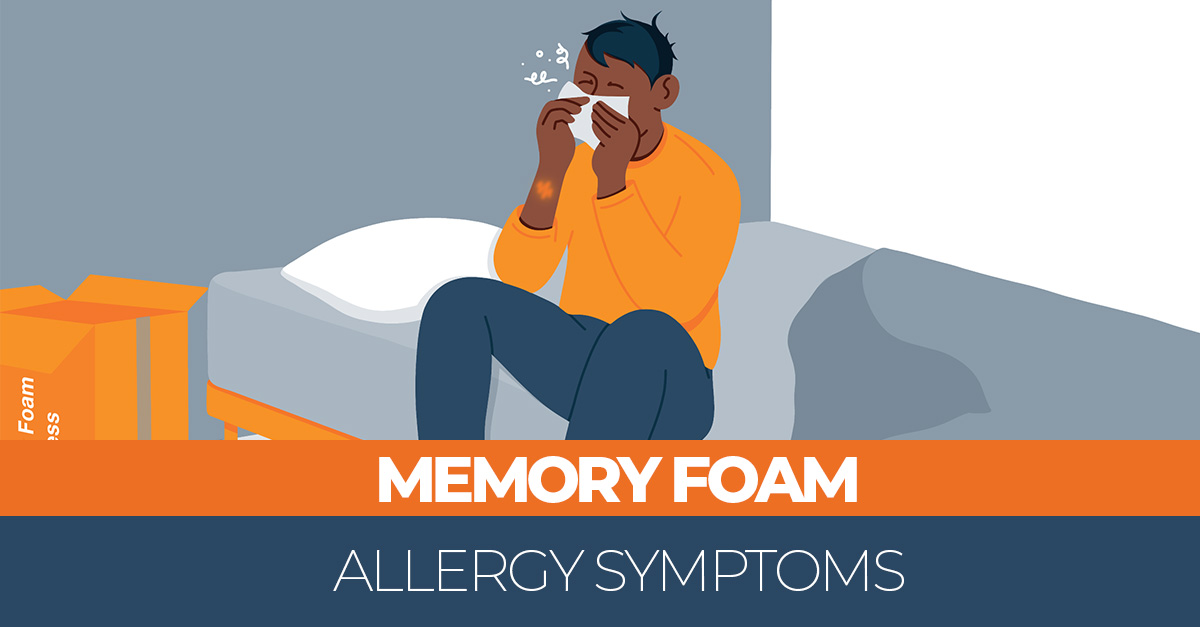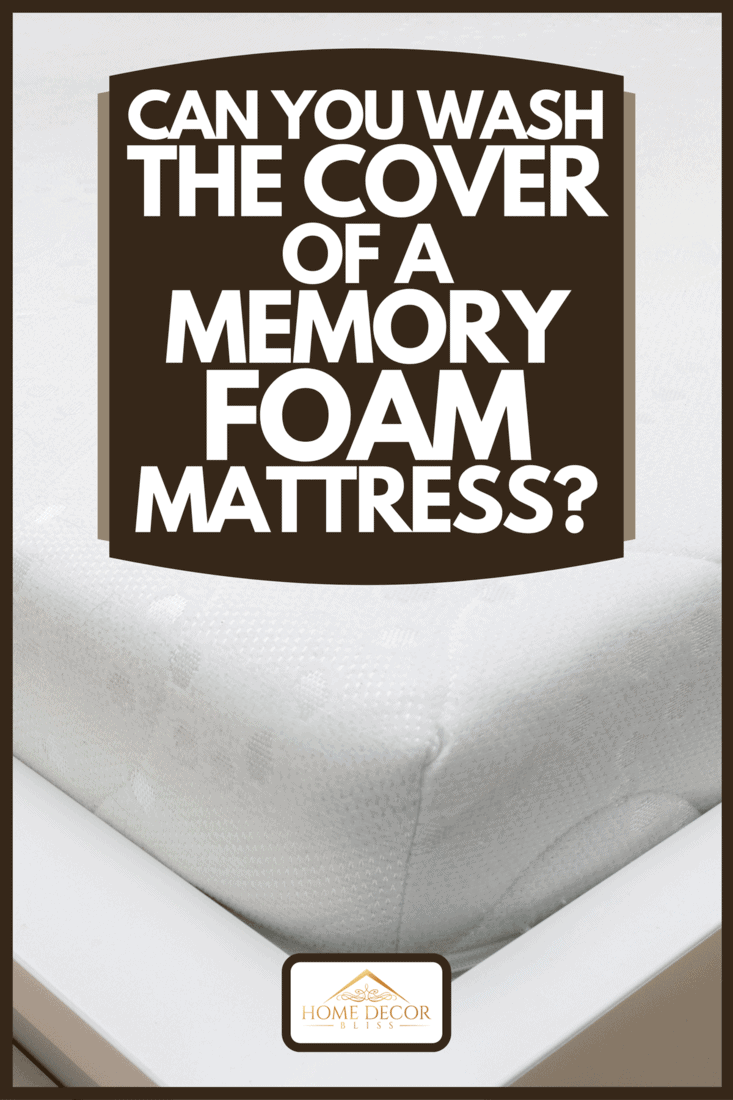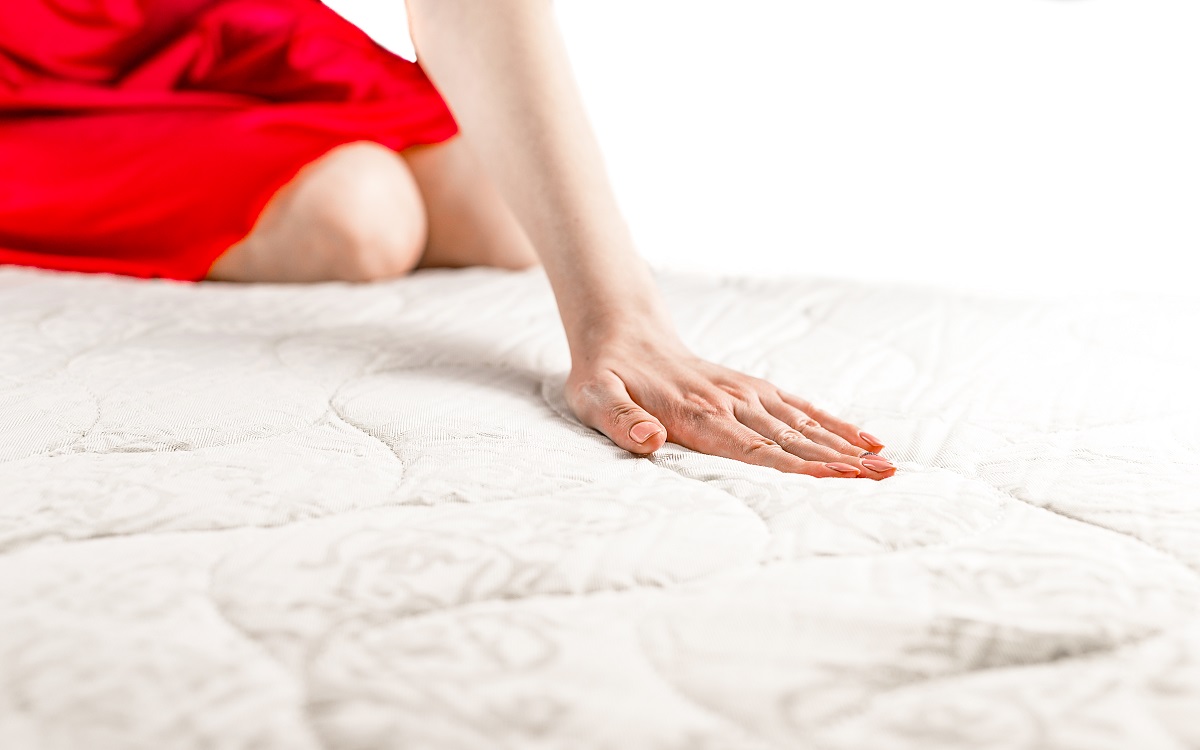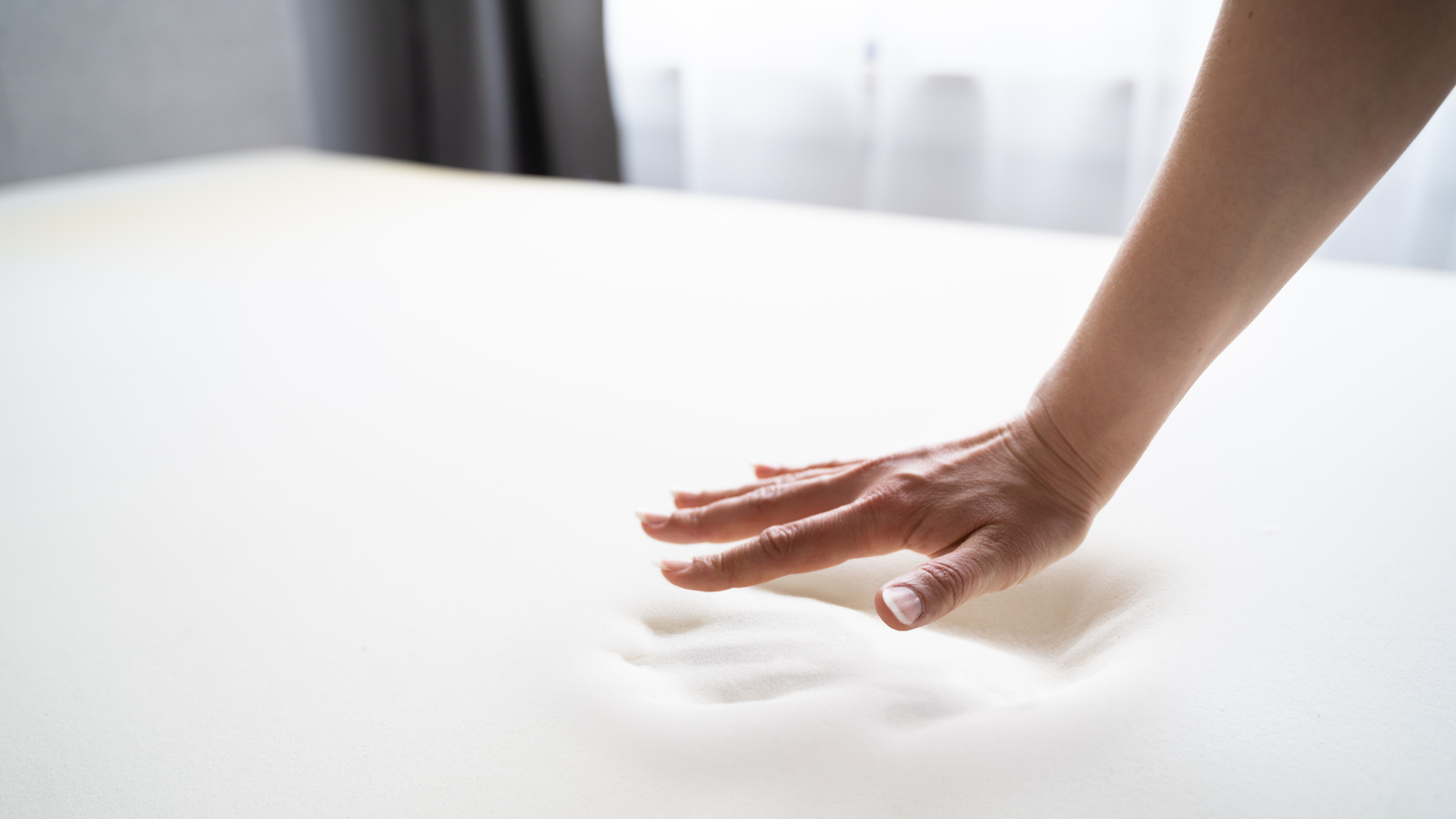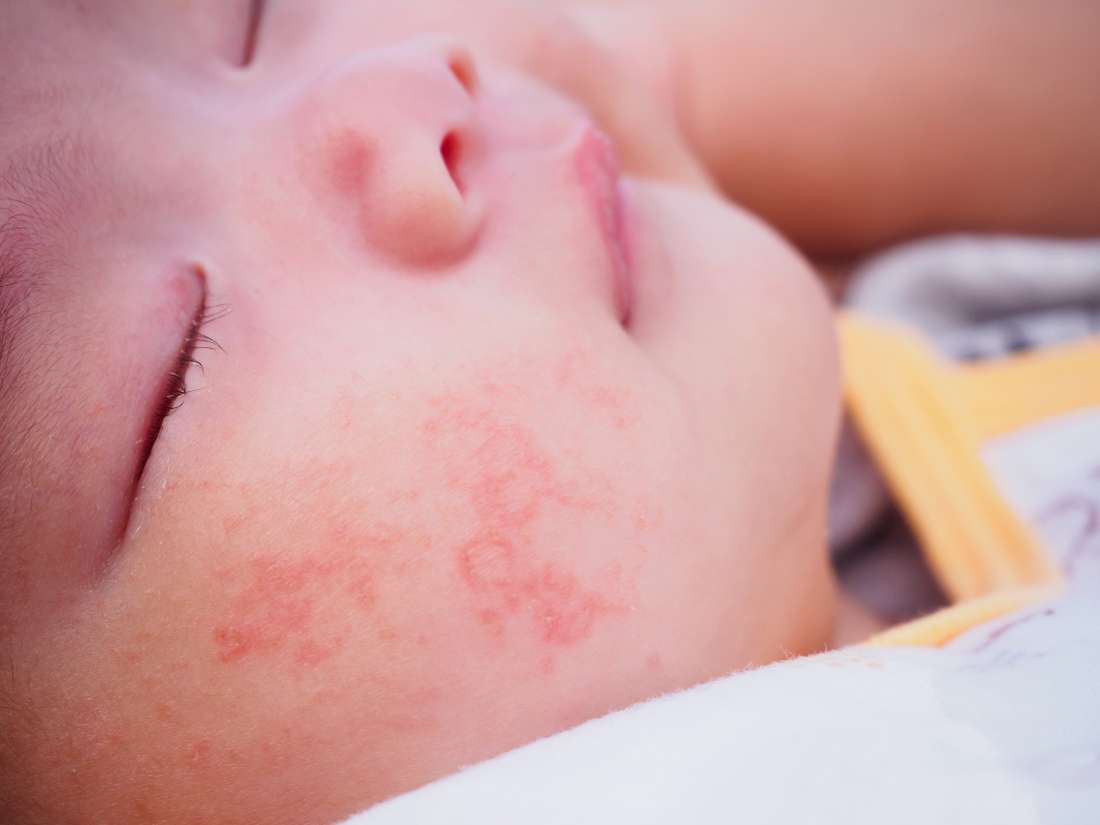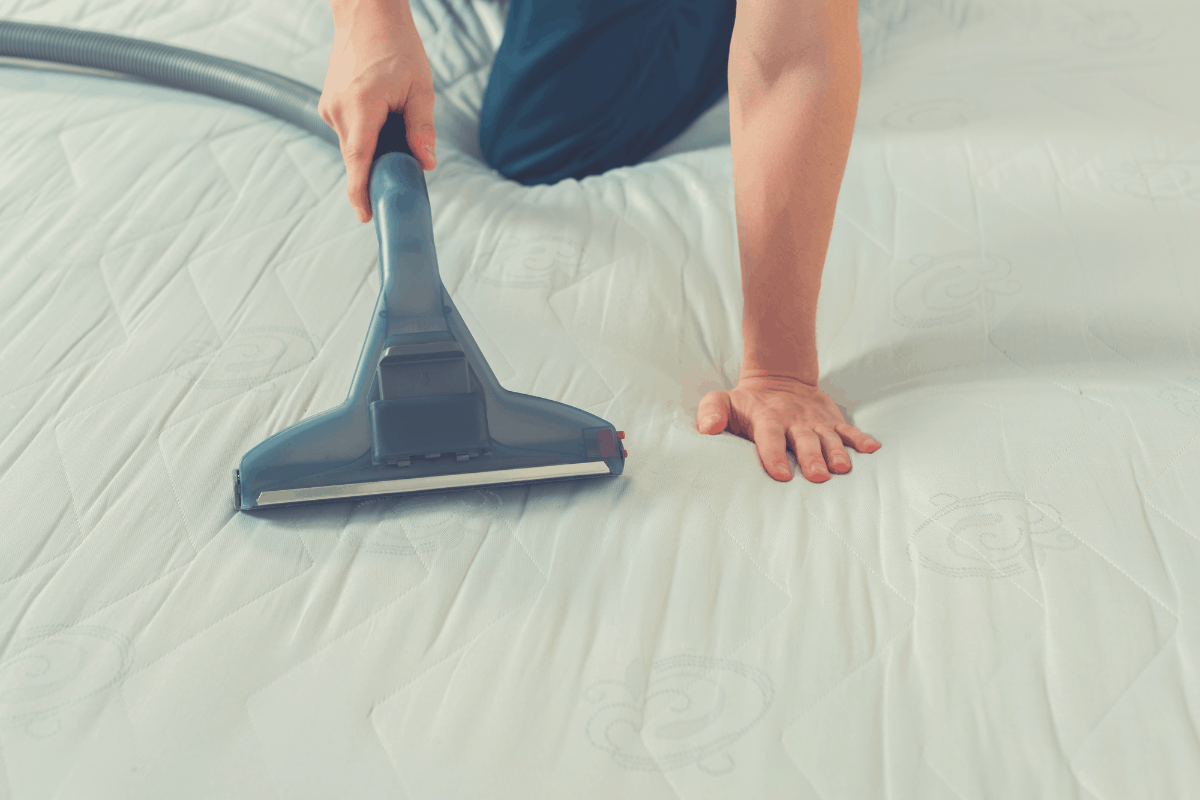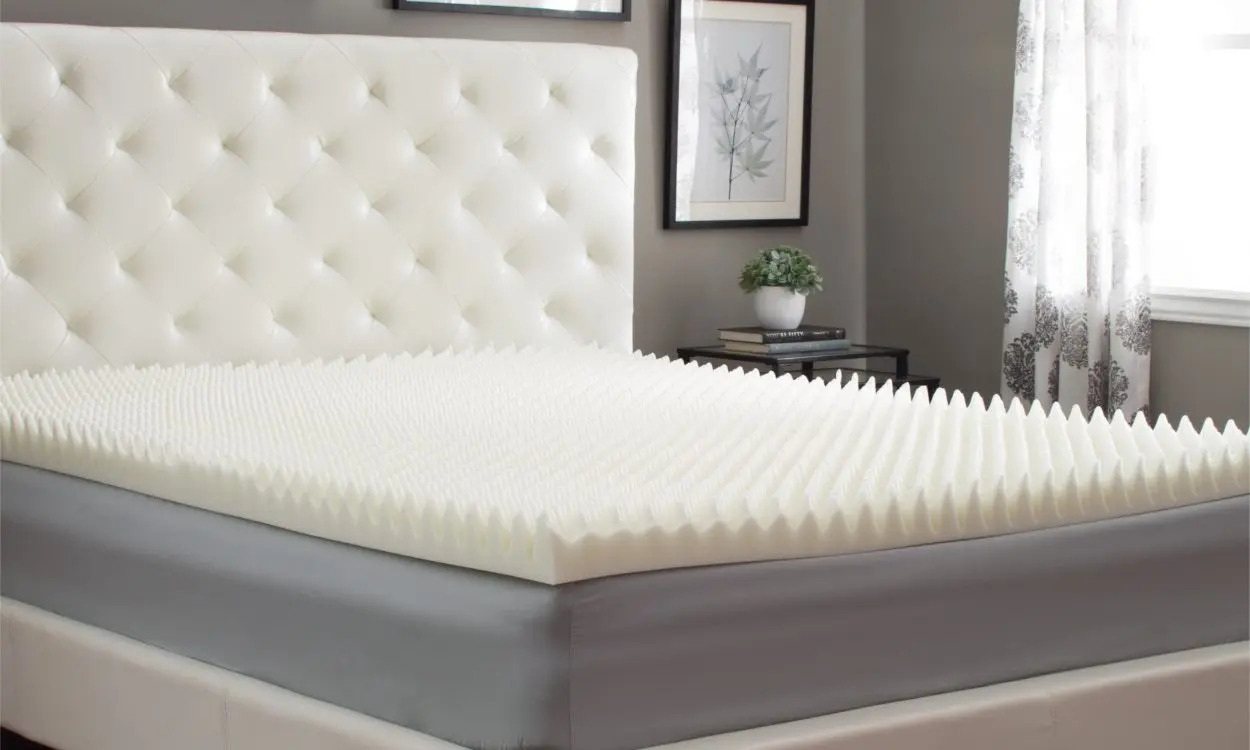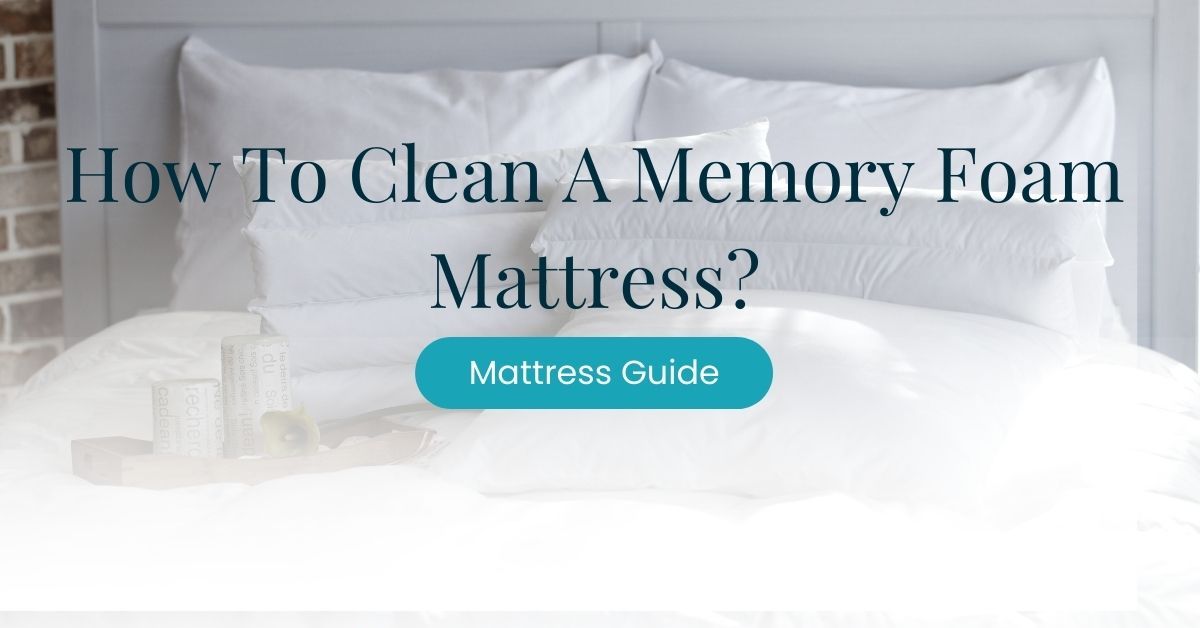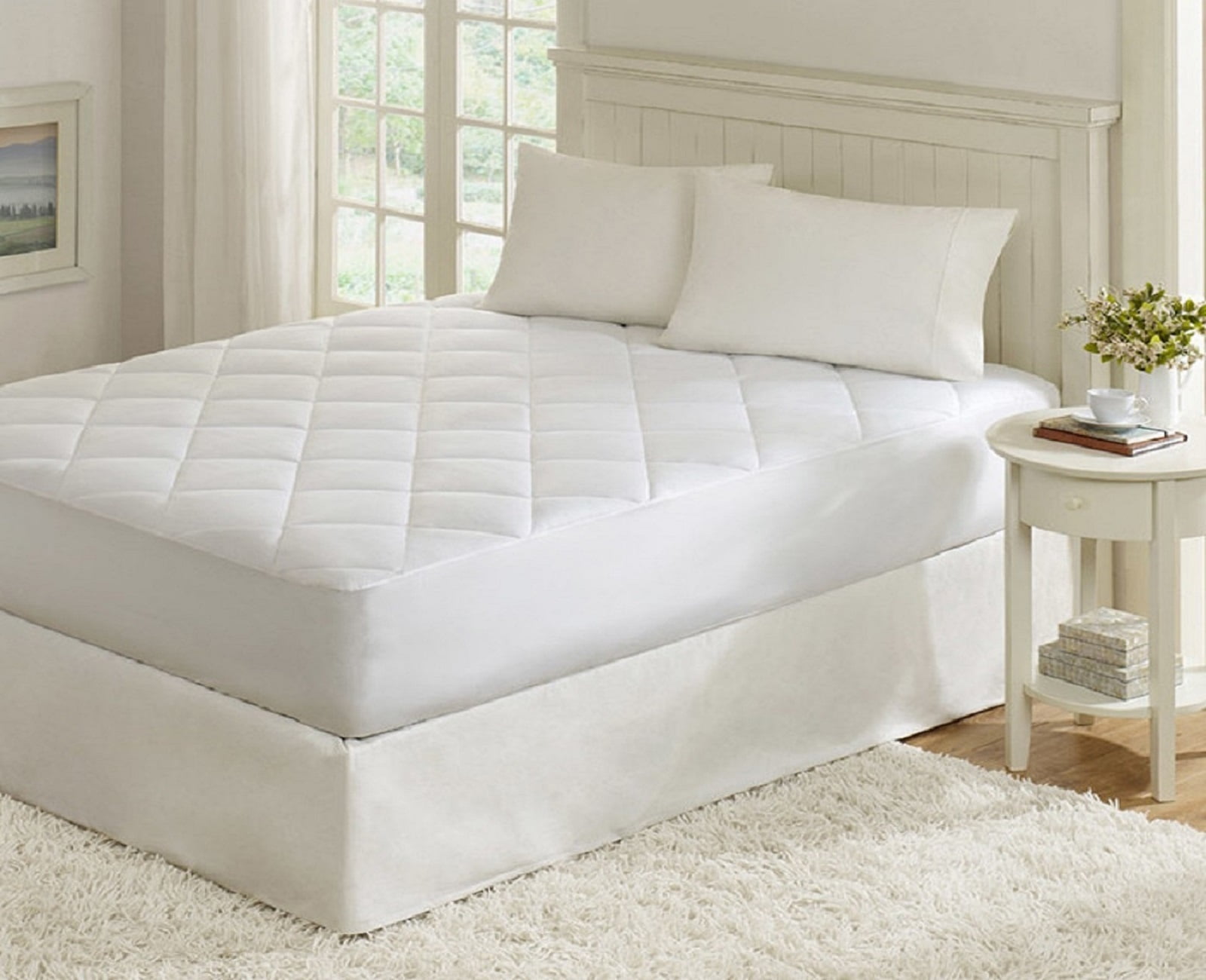Memory Foam Mattress Allergy: Symptoms, Causes, and Treatment
If you have a memory foam mattress, you may have heard about the potential for allergies. While memory foam mattresses are known for their comfort and support, they can also cause allergic reactions in some individuals. In this article, we will discuss the symptoms, causes, and treatment options for a memory foam mattress allergy.
How to Tell If You're Allergic to Your Memory Foam Mattress
The first step in determining if you have a memory foam mattress allergy is to look for common symptoms. These may include sneezing, coughing, itchy eyes, and a runny nose. If these symptoms occur primarily when you are in bed and improve when you leave the room, it is likely that your mattress is the culprit.
Another way to tell if you are allergic to your memory foam mattress is to take note of when your symptoms occur. If you notice that your allergies are worse in the morning or after lying in bed for a while, it may be a sign that your mattress is causing an allergic reaction.
Understanding Memory Foam Allergies and How to Avoid Them
So, what exactly is causing these allergies? The most common culprit is the off-gassing of chemicals from the memory foam. Memory foam mattresses are made with various chemicals that can emit a strong odor, particularly when they are new. These chemicals can irritate the respiratory system and cause allergic reactions in some individuals.
To avoid these allergies, it is best to choose a mattress made with organic materials or one that has been certified as hypoallergenic. Natural materials are less likely to cause allergies, and hypoallergenic mattresses are designed to minimize the potential for allergic reactions.
Memory Foam Mattress Allergy: What You Need to Know
If you are experiencing allergies from your memory foam mattress, it is essential to be proactive in finding a solution. Ignoring the symptoms can lead to more severe allergic reactions and can affect your quality of sleep. Here are some things you should know about a memory foam mattress allergy:
1. It can affect anyone. Allergies do not discriminate, and anyone can develop an allergy to their memory foam mattress, regardless of age or health status.
2. It can be caused by various factors. As mentioned earlier, the off-gassing of chemicals is the most common cause of allergies. However, mold, dust mites, and pet dander can also accumulate in your mattress and trigger an allergic reaction.
3. It can be managed with proper care. With proper care and maintenance, you can reduce the risk of allergies from your memory foam mattress. Regular cleaning and using a mattress protector can help minimize the accumulation of allergens.
Can You Be Allergic to Memory Foam? Here's What You Need to Know
The short answer is yes, you can be allergic to memory foam. However, it is essential to understand that not everyone will experience allergies from their memory foam mattress. If you are someone who is sensitive to chemical smells or has a history of allergies, you may be more prone to developing an allergy to your mattress.
The good news is that there are ways to minimize the potential for allergies from your memory foam mattress. As mentioned earlier, choosing a mattress made with natural materials or one that is hypoallergenic can help reduce the risk of allergic reactions.
How to Choose a Hypoallergenic Memory Foam Mattress
If you are in the market for a new mattress and want to avoid potential allergies, here are some tips to keep in mind when choosing a hypoallergenic memory foam mattress:
1. Look for certifications. When shopping for a hypoallergenic mattress, look for certifications from reputable organizations, such as the American Academy of Allergy, Asthma, and Immunology or the Global Organic Textile Standard.
2. Read reviews. Before making a purchase, read reviews from other customers to see if anyone has experienced allergies from the mattress.
3. Consider your budget. While organic and hypoallergenic mattresses may be more expensive, they are worth the investment if you suffer from allergies.
Memory Foam Mattress Allergy: Tips for Relief and Prevention
If you are already experiencing allergies from your memory foam mattress, here are some tips to find relief and prevent further reactions:
1. Air out your mattress. If you have a new memory foam mattress, let it air out for a few days before sleeping on it. This will help reduce the off-gassing of chemicals.
2. Use a mattress protector. A mattress protector can help prevent allergens from accumulating in your mattress.
3. Wash your bedding regularly. Dust mites and other allergens can accumulate in your bedding, so it is crucial to wash them regularly in hot water.
4. Keep pets out of the bedroom. If you have allergies to pet dander, it is best to keep them out of your bedroom to minimize exposure while you sleep.
Memory Foam Mattress Allergy: Common Triggers and Solutions
As mentioned earlier, off-gassing of chemicals is the most common trigger for allergies from a memory foam mattress. However, there are other potential triggers that you should be aware of:
1. Mold. If your mattress is exposed to moisture or high humidity, it can develop mold, which can cause allergies. To prevent this, make sure to keep your bedroom well-ventilated.
2. Dust mites. These tiny insects feed on dead skin cells and can accumulate in your mattress. Regular cleaning and using a mattress protector can help prevent dust mites from infesting your mattress.
3. Pet dander. As mentioned earlier, pet dander can also accumulate in your mattress and trigger allergies. If you have pets, it is best to keep them out of your bedroom.
Memory Foam Mattress Allergy: Symptoms and Treatment Options
If you are experiencing allergies from your memory foam mattress, it is essential to seek treatment to find relief. Here are some treatment options to consider:
1. Over-the-counter medications. Antihistamines and decongestants can help relieve symptoms such as sneezing and a runny nose.
2. Allergy shots. If your allergies are severe, your doctor may recommend allergy shots to help build up your tolerance to allergens.
3. Consult a doctor. If your symptoms persist or worsen, it is best to consult a doctor for proper diagnosis and treatment.
How to Clean and Maintain Your Memory Foam Mattress to Avoid Allergies
Proper cleaning and maintenance can help reduce the risk of allergies from your memory foam mattress. Here are some tips to keep your mattress clean and allergen-free:
1. Vacuum regularly. Use a vacuum with a HEPA filter to remove dust, dust mites, and other allergens from your mattress.
2. Spot clean stains. If you have spills or stains on your mattress, spot clean them immediately with a mild detergent and water.
3. Air out your mattress. Every few months, remove your bedding and let your mattress air out in a well-ventilated room.
4. Use a mattress protector. A mattress protector can help prevent allergens from accumulating in your mattress. Make sure to wash it regularly.
In conclusion, while memory foam mattresses can provide a comfortable and supportive sleep surface, they can also cause allergies in some individuals. By understanding the symptoms, causes, and treatment options for a memory foam mattress allergy, you can take steps to minimize the risk and enjoy a good night's sleep.
The Dangers of Allergies to Memory Foam Mattresses
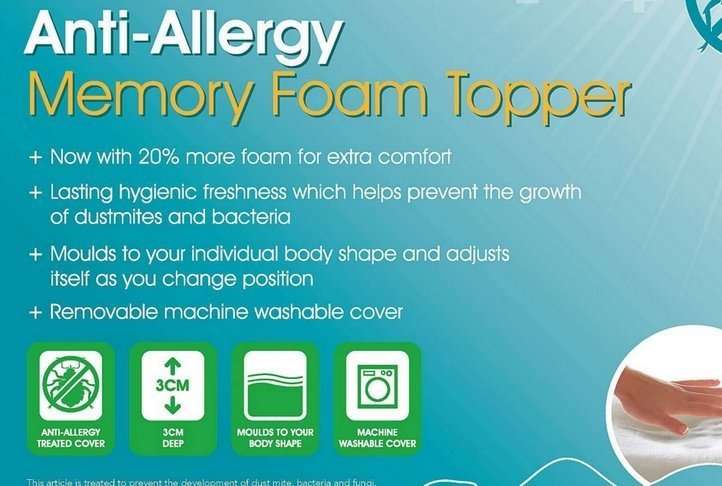
What is a Memory Foam Mattress?
Understanding Allergies to Memory Foam
 While memory foam mattresses offer many benefits, they can also pose a risk for those with allergies. The materials used in memory foam mattresses, such as polyurethane foam and synthetic fibers, can emit volatile organic compounds (VOCs) which can trigger allergic reactions. These reactions may include coughing, sneezing, watery eyes, and skin irritation.
Allergy to Memory Foam
mattresses can also be caused by dust mites, which are tiny insects that feed on dead skin cells and thrive in warm and humid environments. Memory foam mattresses are a perfect breeding ground for dust mites, as they can easily burrow into the foam and multiply. This can lead to respiratory problems and worsen existing allergies.
While memory foam mattresses offer many benefits, they can also pose a risk for those with allergies. The materials used in memory foam mattresses, such as polyurethane foam and synthetic fibers, can emit volatile organic compounds (VOCs) which can trigger allergic reactions. These reactions may include coughing, sneezing, watery eyes, and skin irritation.
Allergy to Memory Foam
mattresses can also be caused by dust mites, which are tiny insects that feed on dead skin cells and thrive in warm and humid environments. Memory foam mattresses are a perfect breeding ground for dust mites, as they can easily burrow into the foam and multiply. This can lead to respiratory problems and worsen existing allergies.
How to Prevent Allergies to Memory Foam Mattresses
 If you have an allergy to memory foam, there are steps you can take to reduce your exposure and prevent allergic reactions. The first step is to
invest in a hypoallergenic mattress cover
that will create a barrier between you and the memory foam. This will prevent dust mites from entering the mattress and also protect you from coming into direct contact with the foam.
Frequent cleaning
is also essential in preventing allergies to memory foam mattresses. Vacuuming your mattress regularly will help remove dust mites and other allergens. It's also recommended to
wash your bedding
in hot water at least once a week to kill any dust mites that may have accumulated.
If you have an allergy to memory foam, there are steps you can take to reduce your exposure and prevent allergic reactions. The first step is to
invest in a hypoallergenic mattress cover
that will create a barrier between you and the memory foam. This will prevent dust mites from entering the mattress and also protect you from coming into direct contact with the foam.
Frequent cleaning
is also essential in preventing allergies to memory foam mattresses. Vacuuming your mattress regularly will help remove dust mites and other allergens. It's also recommended to
wash your bedding
in hot water at least once a week to kill any dust mites that may have accumulated.
Consider Alternatives
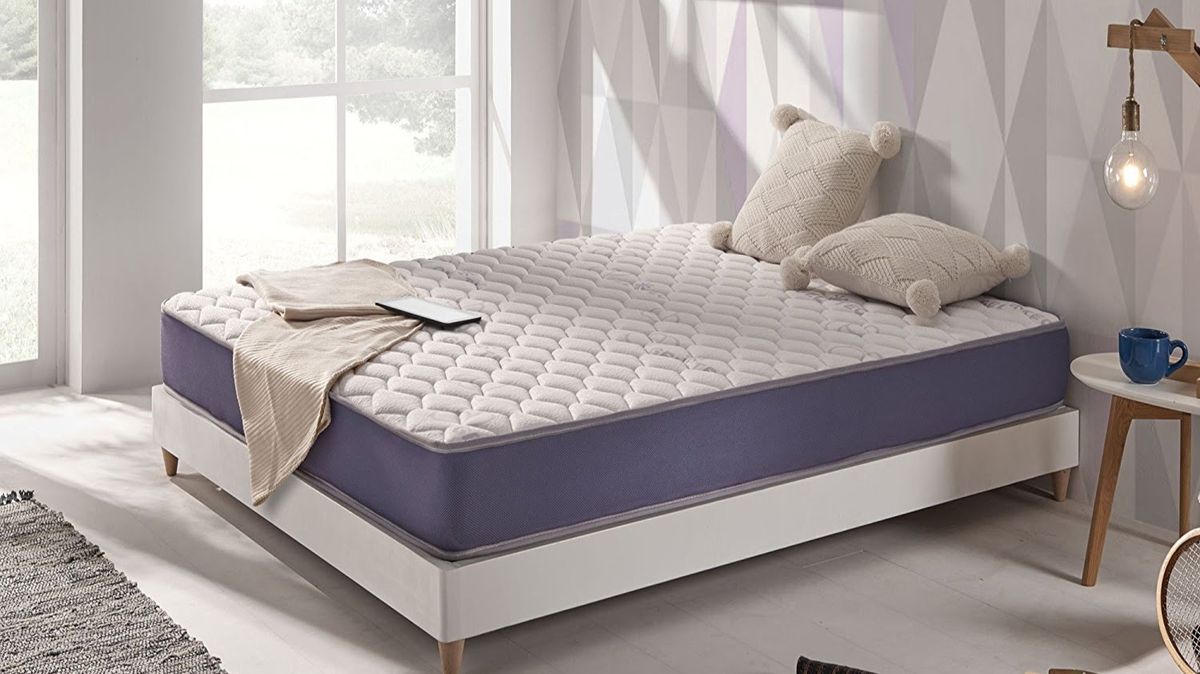 If you suffer from allergies to memory foam but still want the comfort and support of a foam mattress, there are alternatives available. You can opt for a
natural latex foam mattress
, which is made from natural rubber and is hypoallergenic. Another option is a
gel-infused memory foam mattress
, which has cooling properties and is less likely to emit VOCs.
If you suffer from allergies to memory foam but still want the comfort and support of a foam mattress, there are alternatives available. You can opt for a
natural latex foam mattress
, which is made from natural rubber and is hypoallergenic. Another option is a
gel-infused memory foam mattress
, which has cooling properties and is less likely to emit VOCs.
Conclusion
 Memory foam mattresses may be a popular choice, but for those with allergies, they may not be the best option. By understanding the potential dangers and taking preventative measures, you can still enjoy the comfort of a foam mattress without the risk of allergic reactions. Consider alternatives and always prioritize your health when choosing a mattress for your home.
Memory foam mattresses may be a popular choice, but for those with allergies, they may not be the best option. By understanding the potential dangers and taking preventative measures, you can still enjoy the comfort of a foam mattress without the risk of allergic reactions. Consider alternatives and always prioritize your health when choosing a mattress for your home.

